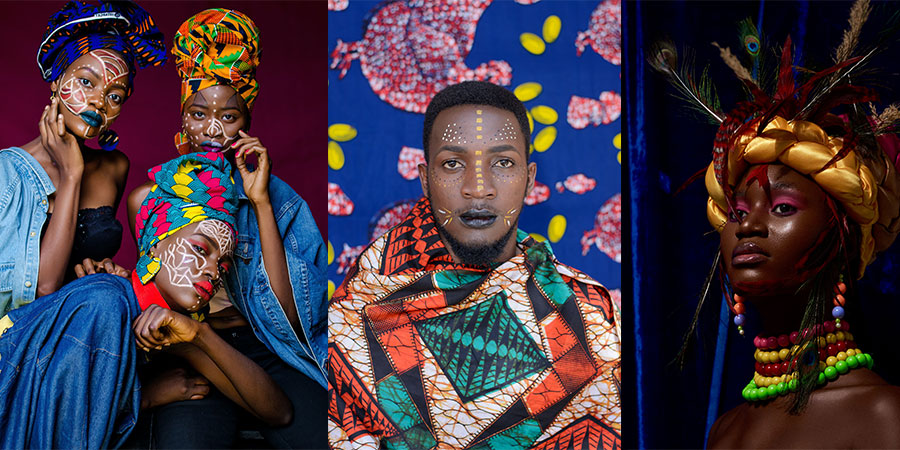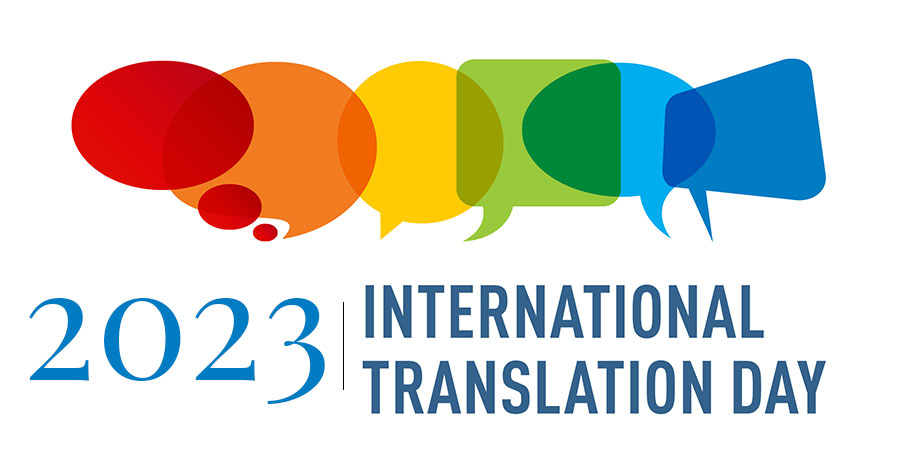Are you faced with the challenge of breaking down language barriers for effective communication? Imagine…
Language Translation in bridging cultural divides in Africa

Africa houses many people groups with varied tongues and traditions—over 1,000! Each tribe and society has a unique language and lifestyle. While this variety shows Africa’s richness, it can hinder mutual understanding at times. Language translation helps bridge cultural gaps, promoting unity across Africa’s diverse communities.
Language translation allows folks who speak different tongues to chat well. People from diverse backgrounds can get along with each other when they can understand the same language. By sharing thoughts, facts, and adventures, they can join forces and work as one. Doing so builds trust and brings communities closer together. Connections grow stronger when people of all kinds can connect.
Language translation has a lot of value for Africa. This connects to Africa’s colonial past, when European languages were forced on many countries there. Numerous African nations have more than one official language. In some cases, one single country has more than one language spoken too. For instance, Nigeria has over 500 different languages spoken inside its borders. This situation can cause a lack of understanding and even conflicts between diverse language groups.
Translation and African Culture
Translation helps people share their culture. It lets people speak their language. This means they can show their beliefs and feelings better. Understanding different cultures becomes easier. Also, old customs will not disappear as the world changes. Translation keeps cultural knowledge alive.
In many African nations, abundant natural resources exist alongside immense potential. However, deficient infrastructure, skills, and resources hinder complete economic development. Language translation facilitates communication across linguistic divides, fostering collaboration on business and trade prospects. By overcoming language barriers, increased cooperation may stimulate widespread economic expansion throughout the continent.
To sum up, translation for different languages is crucial to connecting diverse cultures in Africa, encouraging understanding, establishing unity, and allowing economic progress. Breaking language hurdles helps strengthen ties among communities, promotes cultural variety, and increases comprehension. It is, therefore, vital that we continue investing in translation technology and services to aid growth on the African continent.



